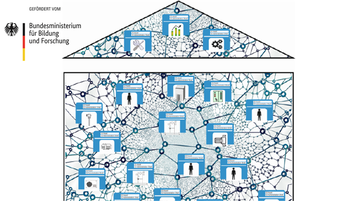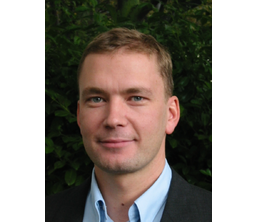OptGA4.0

Optimization of engineering processes for municipal building automation based on standardized system types and information models (OptGA4.0)
Currently, engineering processes in building technology with regard to planning, execution, commissioning and operational use are characterized by high manual effort, low performance and many breaks with a high loss of information between the process phases. This leads to considerable quality deficits in the construction and use of building technology. During operation, there are deficits in the implementation of automation functions and in facility management (FM), which leads to suboptimal operating processes and unnecessary energy consumption. The fundamental aim of the research project is to develop an information model that describes the information budget of technical building services in a standardized, lifecycle-consistent and machine-readable manner in building services applications. On this basis, TGA types are semantically defined, taking existing descriptions into account. The focus of this information technology standardization is on the use cases of process management, quality assurance of automation functions and FM.
The TGA systems, which are usually described semantically inconsistently in practice, are mapped to the developed information standards by AI applications so that a homogeneous language space (syntax and semantics) is created as the basis for the implementation of rule-based automatisms. This forms the basis for the development of SelfX-FM applications, e.g. asset and energy monitoring, which avoid manual effort for information engineering during initial setup and over the life cycle. In this context, SelfX refers to the ability of systems to independently explore their environment and facilitate automated interactions with other systems, eliminating the need for manual engineering.
Project partner: Gebäudewirtschaft der Stadt Köln, Schulbau Hamburg, Kieback&Peter, VDI, building Smart, VDMA - Fachverband Automation+Management für Haus+Gebäude, AMEV, eTASK, Fakultät für Architektur und Bauingenieurwesen Bergische Universität Wuppertal
Funding provider: FHKooperativ, Förderkennzeichen (Funding code) 13FH010KX2
Duration: 01.01.2024 – 31.12.2027

